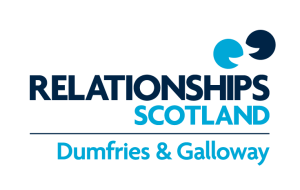SEXUAL RELATIONSHIP THERAPY
A couple’s sexual relationship is something they work out for themselves. How often you have sex, when and what you do is personal to your relationship. As long as you both enjoy it and it’s not harming anyone else, then it’s your choice.
However, if your sexual relationship isn’t giving you the pleasure or satisfaction it once did, or if it never has, then you may find talking to a sex therapist helpful. Talking about your sexual relationship may seem a little strange at first, but you will be talking to someone who is trained and skilled in working with sexual difficulties.
How can sex therapy help me?
Sex therapists are usually experienced relationship counsellors who have gained a further qualification in sex therapy. They all have an awareness of how relationship difficulties are linked to sexual problems. Sex therapists help you look at your sexual relationship. They work with individuals and couples to explore what is not working and what needs to be different.
What sort of problems do sex therapists work with?
Our sex therapists are trained to deal with different kinds of sexual problems. These might be associated with wanting or having sex; by things happening to you, such as ageing, accidents, illness or children, which may affect your sexual relationship; or those things that are to do with each of us as individuals, affecting how we see ourselves as a sexual being.
Some of the main issues we deal with are:
Erectile problems: Erectile problems are not being able to get or maintain an erection or feeling that your erection is not as hard as it used to be.
Orgasm difficulties: Orgasm difficulties are not being able to reach orgasm or climaxing/ejaculating too soon, not being able to ejaculate.
Painful sex: This is usually pain when penetration is tried, although sometimes it can also happen after sex.
Desire problems: Desire problems might be loss of desire for sex or when there are different levels of desire in a couple, one wanting sex more than the other.
Illness or disability: This refers to anyone or any couple where disability, illness or accident is impinging on their sexual relationships; it could include physical disabilities, diabetes or surgery.
Cross-dressing: When a person feels drawn to dressing as and being the opposite sex.
Sexual orientation: When people think they may be attracted to someone of the same sex.
Sexual addictions: When people might be addicted to the internet, chat rooms, pornography or masturbation.
What happens at sex therapy?
Sex therapists will meet you for an initial session to see what the difficulty is and whether it’s something they work with. If you both agree to go ahead, they will arrange to meet each person individually to take a full history. This can take more than one session. When the therapist has taken each person’s history and looked at what the problem is, they will meet you as a couple to discuss a treatment programme that is designed to help with your particular difficulty.
Sometimes therapists recommend that people have relationship counselling before starting on a sex therapy programme. This is because sex therapy requires couples to work closely together on their sexual relationship, but if there are any underlying relationship problems, they will quickly surface.
If the difficulty is to do with wanting or having sex, the therapist is likely to recommend a treatment plan. However, if the problem is more to do with how you see yourself sexually, they may suggest counselling to help you explore the issues.
A treatment plan explains what you will need to do to try and sort out the problem. You won’t have to do anything in front of the therapist or anyone else. The therapist will give you homework at each session for you and your partner do at home.
How long will sex therapy take?
It depends on your situation and the problems you’re experiencing. Your therapist will discuss that with you.
We offer sessions in various locations around the region, please see our locations page and contact us if you would like to make an enquiry or book a session.
Contact Us
Welcome to our website, we hope you find our website helpful and informative. If you would like to contact us please click on the button below or call us direct on 01387 251 245.
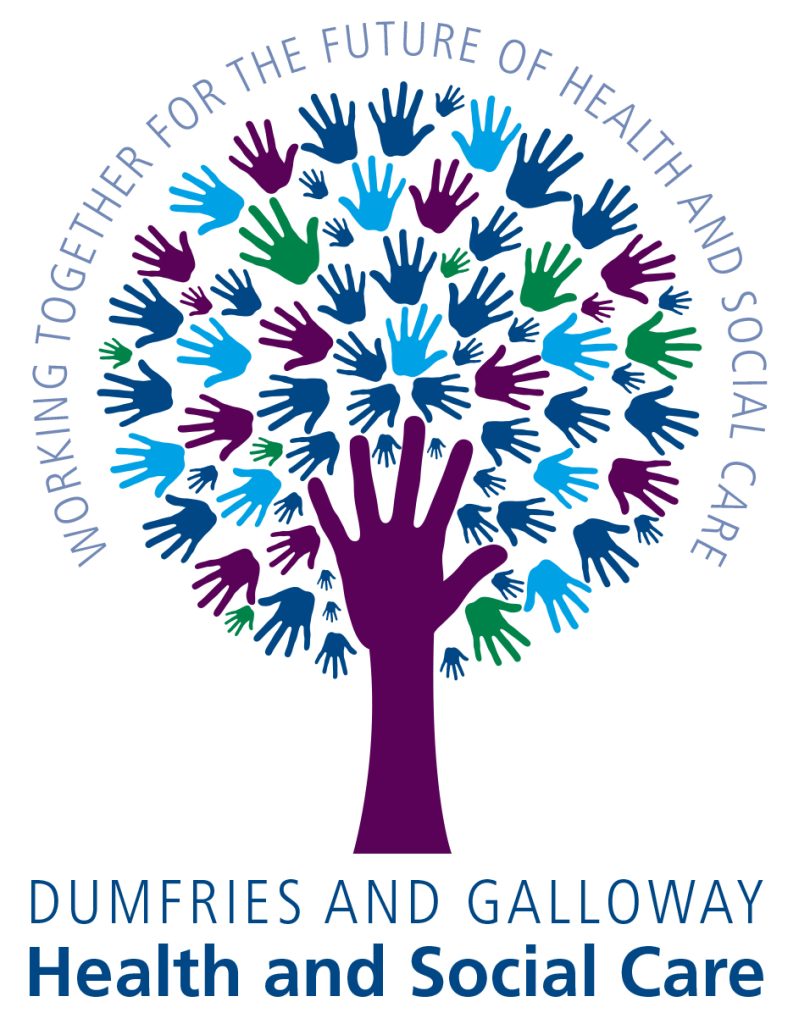


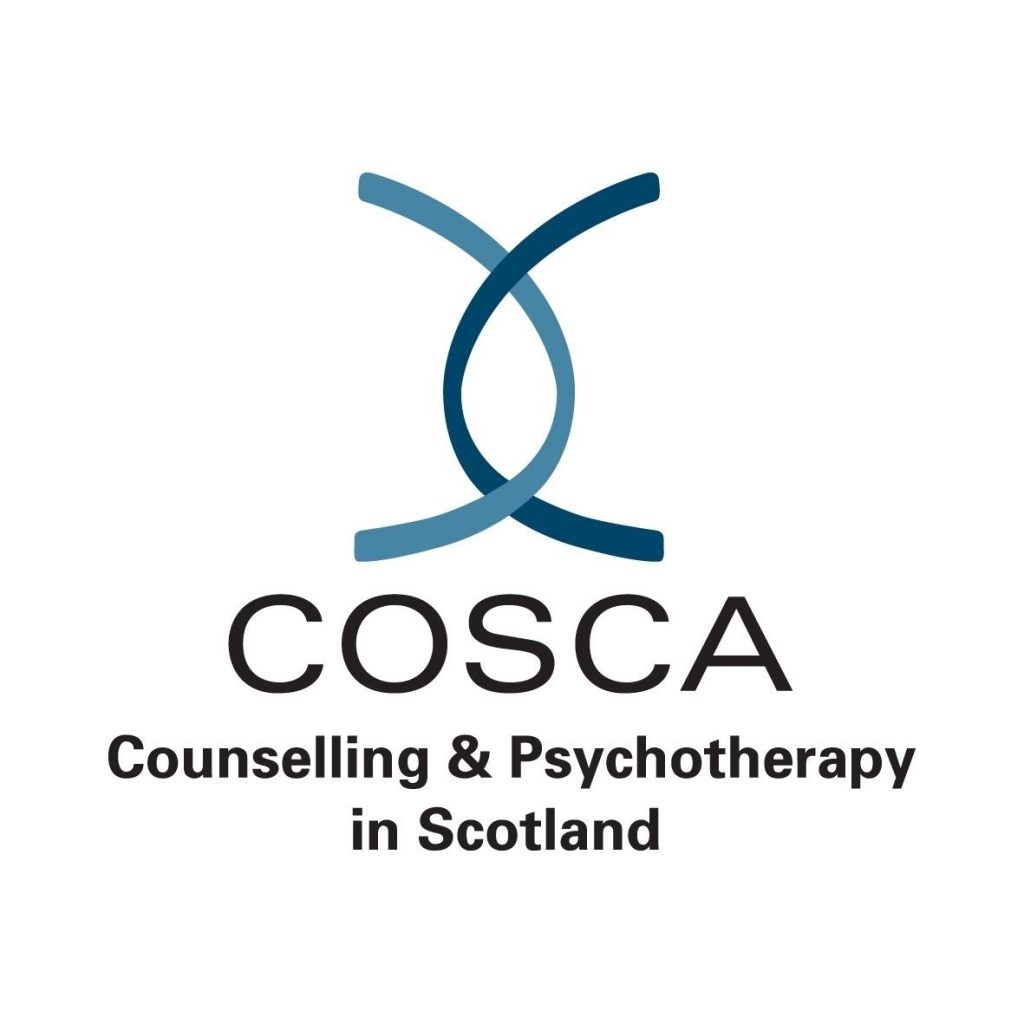
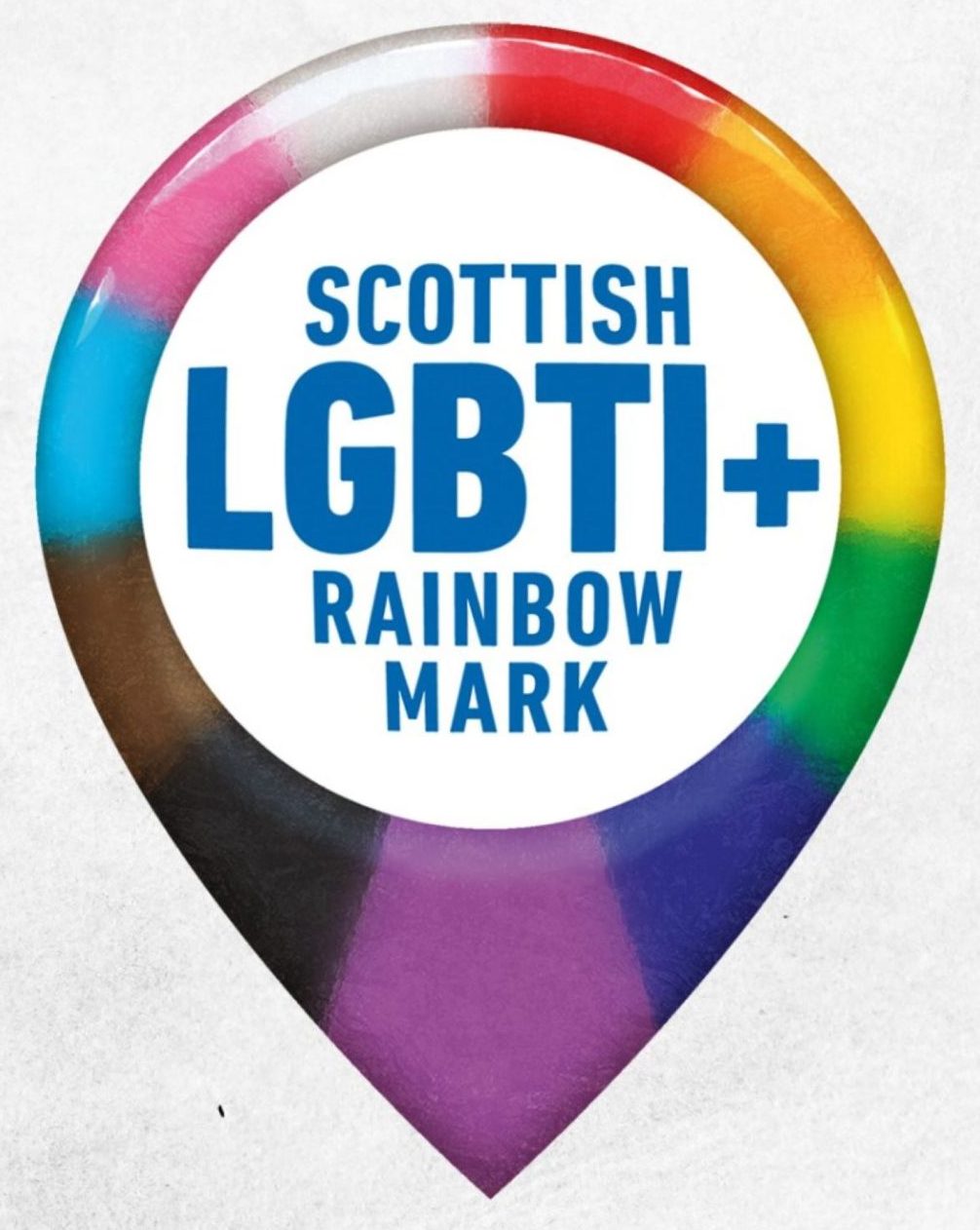
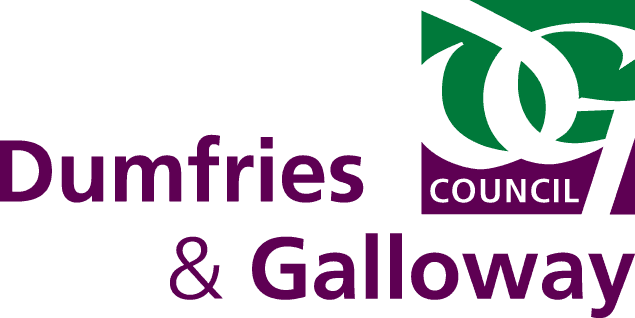
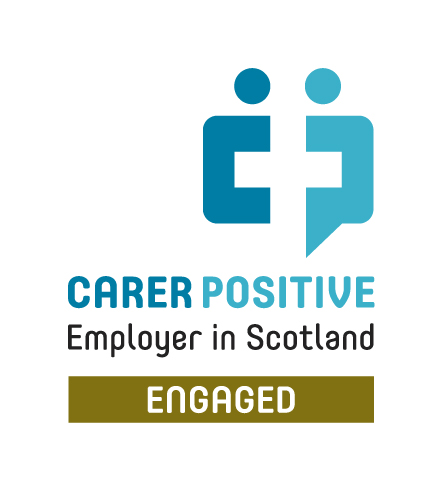
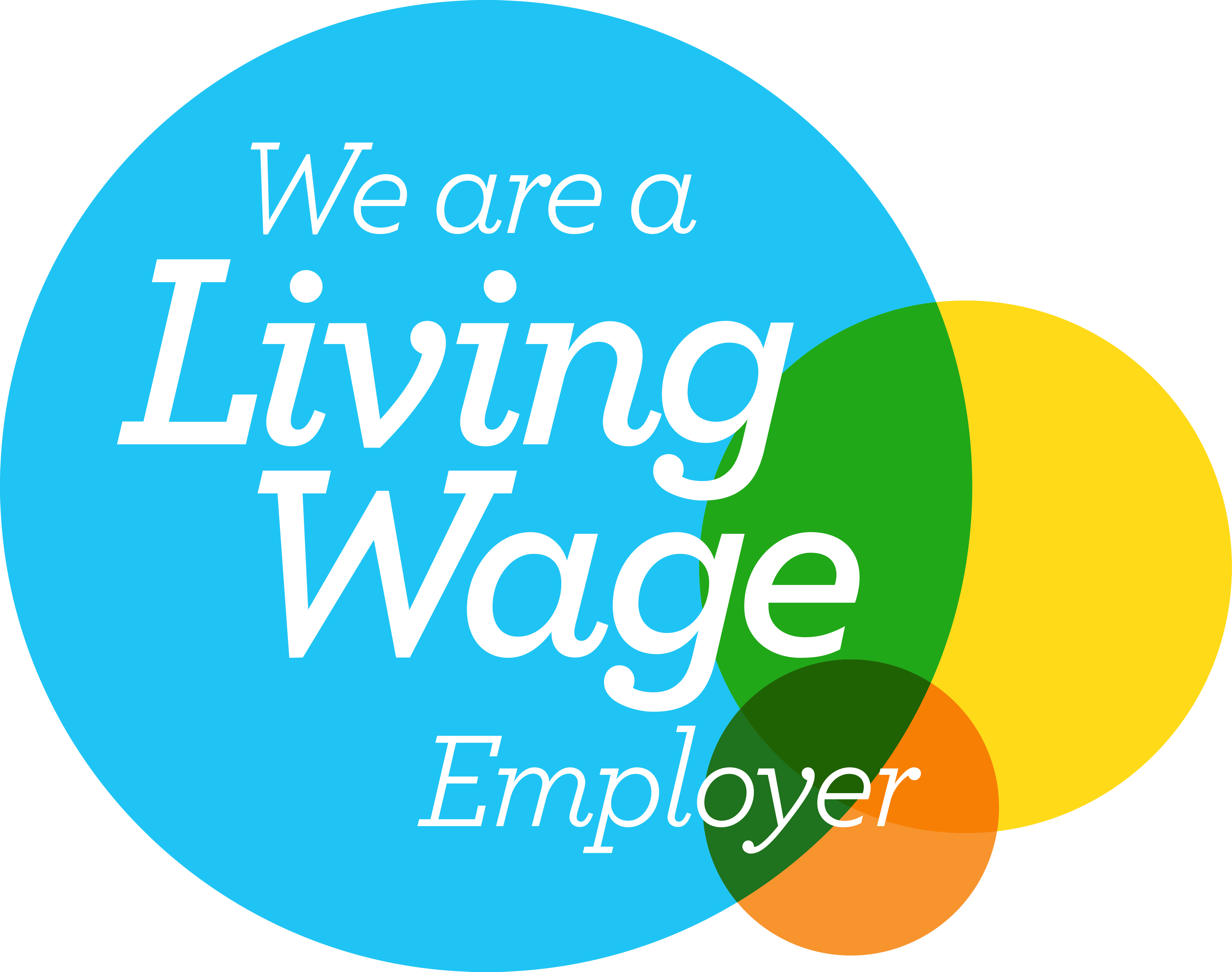

Our Office
11 Nith Avenue
Dumfries
DG1 1EF
t: 01387 251245
e: info@rsdg.org.uk
Office Opening Hours
Mon - Fri: 9am to 4pm
Evening appointments may be available by arrangement only.
Contact Us
If you would like to make a referral, please complete our referral form and we will contact you as soon as possible.
